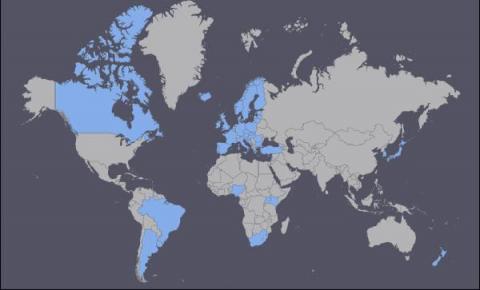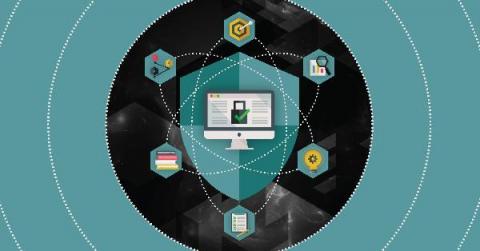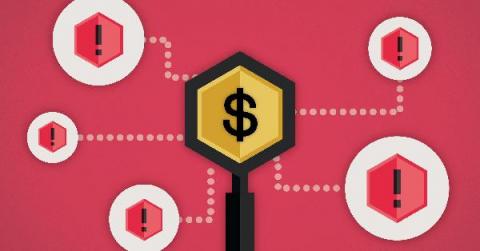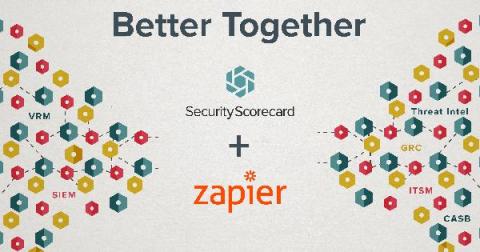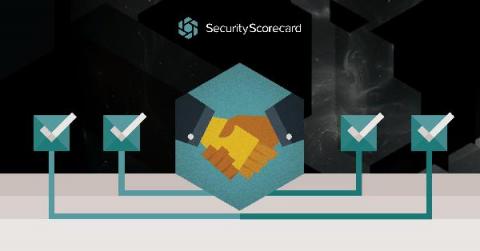Reduce open source software risks in your supply chain
Knowing what’s in your open source software, whether you’re a consumer or producer, can help you manage security risks in your supply chain Modern open source software (OSS) is a movement that started in the eighties as a reaction to commercial software becoming more closed and protected. It allowed academics, researchers, and hobbyists to access source code that they could reuse, modify, and distribute openly.




